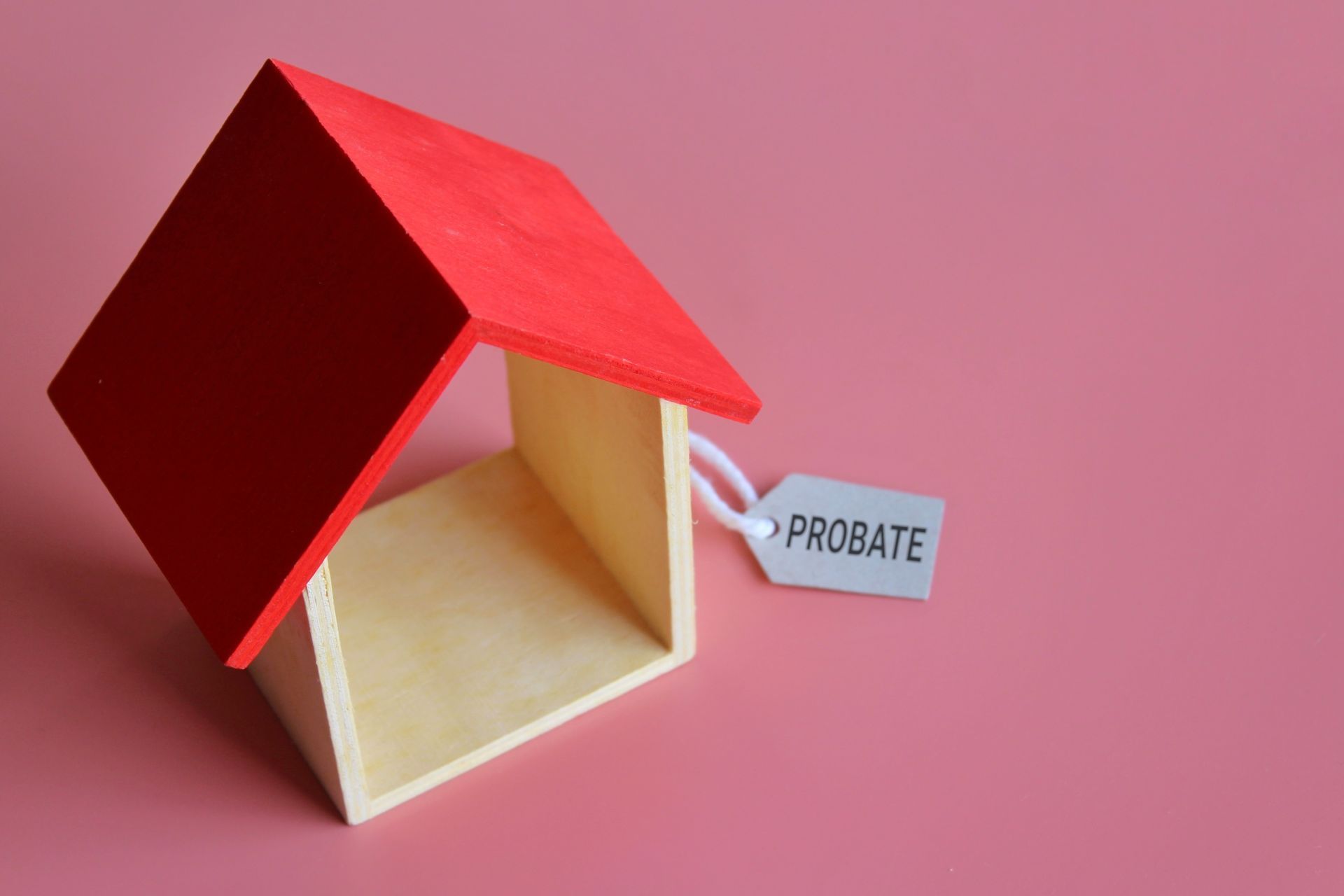We are frequently asked to suggest techniques to protect a client’s wealth in the face of our increasingly litigious society. Physicians, real estate developers, directors and officers of public companies, lawyers, accountants, and those with significant wealth are some individuals who fear the risk of potential lawsuits. There are several possible strategies to place wealth beyond the reach of lawsuit creditors and ex-spouses, and Florida is one of the more favorable states for planning of that type. The domestic asset protection trust (DAPT) is a new technique that has gained in popularity over the last few years.
Under conventional British-American law, trusts were not helpful in protecting one’s own assets. Under those traditional rules, if you established a trust for your own benefit and funded the trust with your own assets, then those assets would still be reachable by your lawsuit creditors. However, about fifteen years ago some states began to revise their trust laws to permit the establishment of a special type of trust that could be exempt from attachment by future creditors. Alaska was the first such state, followed by Delaware, Nevada and recently by several others. There are now fifteen DAPT states, and similar legislation is being considered in a few others.
Florida is not a DAPT state, and trusts established under Florida law and funded with one’s own assets remain reachable by creditors. However, Florida residents, and the residents of other non-DAPT states, are permitted to utilize the law of a DAPT state to achieve a significant level of asset protection. For a Florida resident to create a DAPT, the trust document must be drafted in conformity with the laws of the DAPT state. It is also necessary to have a trustee or co-trustee located in the DAPT state. Although an individual resident of the DAPT state can serve as trustee, we typically utilize a bank or trust company which is located in the DAPT state.
The specific rules vary among the fifteen DAPT states and each must be analyzed to determine the most appropriate state for a particular client’s situation and goals. Nevada, Delaware and Alaska are the most commonly used states, but others are occasionally more useful.
For many years, individuals seeking strong protection from the reach of creditors have established trusts in foreign countries. The Cook Islands is the most popular foreign jurisdiction, but Nevis, Belize, the Cayman Islands, the Channel Islands and other countries are also sometimes used. An offshore trust offers the strongest and most reliable protection from asset seizure. However, foreign situs trusts are expensive to establish and maintain, and there are intricate annual IRS reporting requirements with onerous penalties if the rules are not meticulously followed. In addition, some individuals feel insecure with a foreign trust company being involved with their financial affairs. DAPTs have arisen to fill a middle ground—a technique that can offer a large measure of protection, but without the cost and worry of an offshore trust.
The effectiveness of a DAPT is an issue of debate among asset protection attorneys. Because the concept is new, there are only a few reported court cases where a DAPT was challenged by a creditor. Those cases presented unusual facts and provide no definitive answer on the strength of the protection afforded in a typical case. Many lawyers feel confident that a DAPT will provide a high level of protection, but others present a number of theories which might be used to defeat a DAPT. Because of that uncertainty, most experienced asset protection lawyers don’t rely entirely on the DAPT, but combine it with a second level of protection, so if a creditor does succeed in penetrating the trust he will be confronted with a second hurdle before the assets could be reached.
Domestic Asset Protection Trusts
Because there is no one strategy that will guarantee absolute protection in all circumstances, most well-conceived asset protection plans utilize a number of different techniques. To avoid putting “all your eggs in one basket,” most plans involve a variety of approaches. Domestic asset protection trusts are an increasingly popular tool which can significantly reduce exposure to creditors, lawsuits, ex-spouses and other potential predators.






